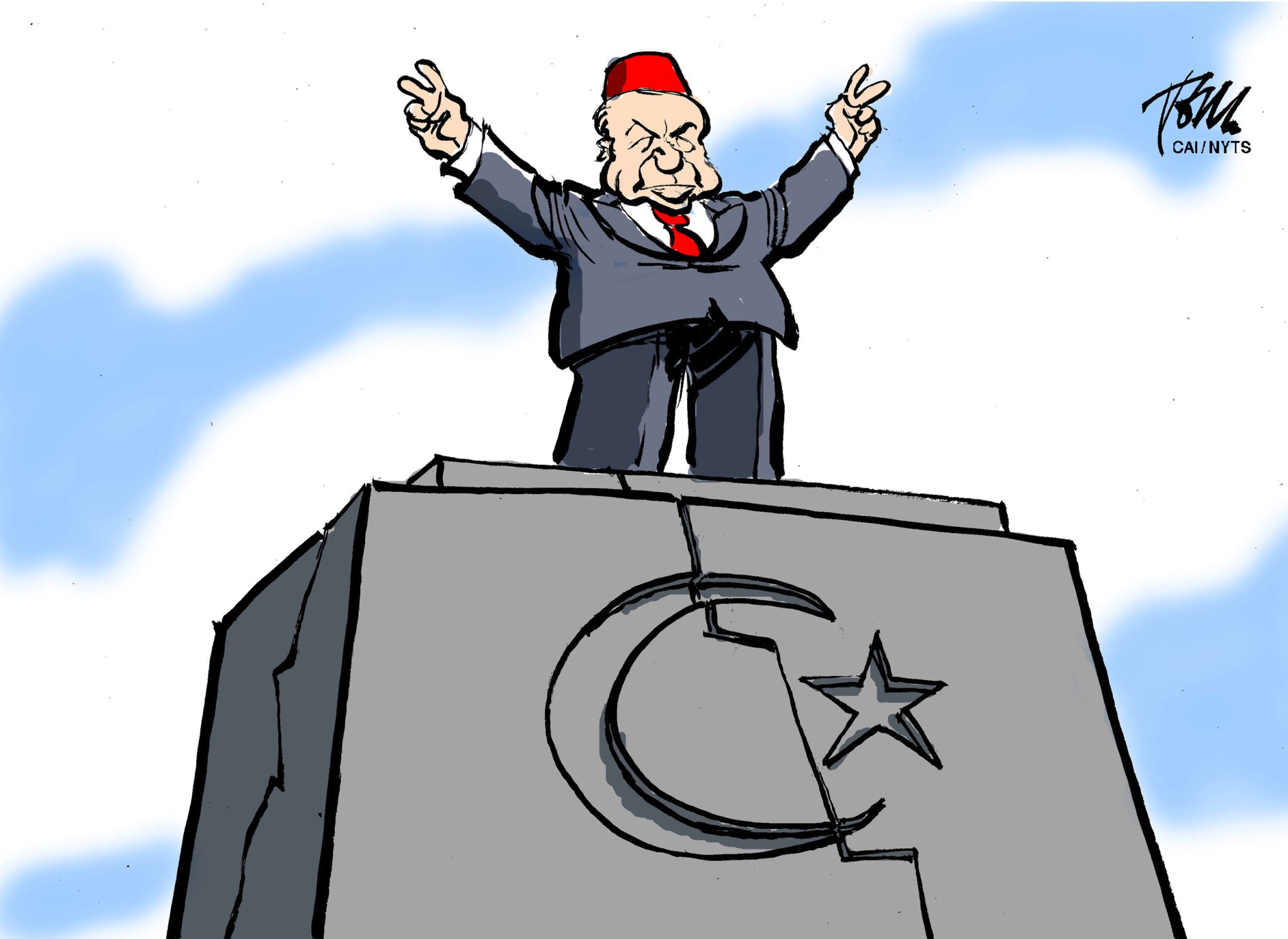Undeterred by warnings, particularly from the Western media — including The Economist's stark caution that Turkey risked "sliding into dictatorship" — voters narrowly approved a referendum proposal Sunday that expands President Recep Tayyip Erdogan's powers under the constitution. Judging from some of the voter interviews, one of the drivers of this outcome was the Turkish electorate's hope that stronger leadership can provide greater stability, security and prosperity.
This phenomenon has also played out in other countries, and is likely to continue to have an effect in the months ahead. As a result, neither markets nor political scientists should underestimate what some swing voters are willing to accept, and risk, in their quest for greater national strength, a development that raises interesting domestic and global issues — including possibly in the upcoming presidential elections in France.
With 51.4 percent of the vote in his favor, and an 85 percent turnout, Erdogan now has wider powers over matters of legislation, finance, appointments and civil society. His win comes at a time of significant regional fluidity, including the conflicts in Syria, together with greater tensions in the country's already delicate relations with Western Europe.


















With your current subscription plan you can comment on stories. However, before writing your first comment, please create a display name in the Profile section of your subscriber account page.